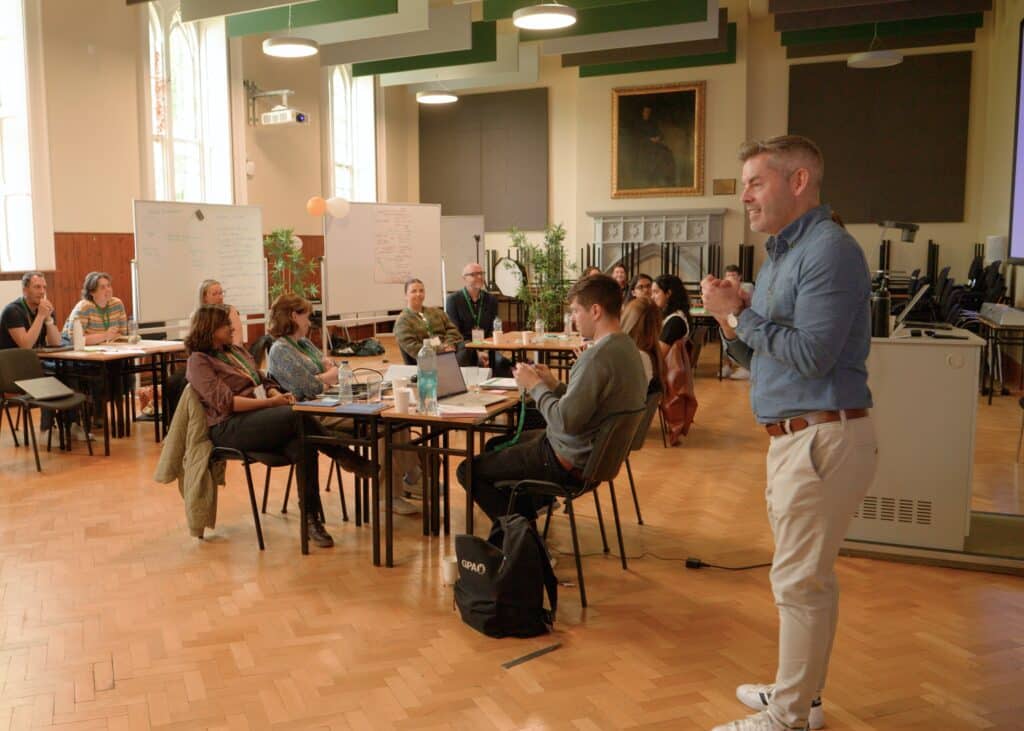Researchers at the National Anti-Bullying Research and Resource Centre have published their latest work. It is important for the development and progress of ABC that our researchers are continually in line with recent research trends and part of a wider world-class network of researchers in their fields. Below is a snapshot of some of ABC’s recent publication accomplishments and their impact on bullying research, prevention, intervention and policy:
Gender and Online Hate: Debbie Ging and Eugenia Siapera.
Ging, D. & Siapera, E. (2019). Gender hate online: Understanding the new anti-feminism (Eds.). London, UK: Palgrave Macmillan. doi: 10.1007/978-3-319-96226-9. [https://www.palgrave.com/gp/book/9783319962252].
[From Publisher’s Site] Gender Hate Online addresses the dynamic nature of misogyny: how it travels, what technological and cultural affordances support or obstruct this and what impact reappropriated expressions of misogyny have in other cultures. It adds significantly to an emergent body of scholarship on this topic by bringing together a variety of theoretical approaches, while also including reflections on the past, present, and future of feminism and its interconnections with technologies and media. It also addresses the fact that most work on this area has been focused on the Global North, by including perspectives from Pakistan, India and Russia as well as intersectional and transcultural analyses. Finally, it addresses ways in which women fight back and reclaim online spaces, offering practical applications as well as critical analyses. This edited collection therefore addresses a substantial gap in scholarship by bringing together a body of work exclusively devoted to this topic. With perspectives from a variety of disciplines and geographic bases, the volume will be of major interest to scholars and students in the fields of gender, new media and hate speech.Bullying in Residential Care: Angela Mazzone
Mazzone, A., Nocentini, A. & Menesini, E. (2019). Bullying in residential care for children: Qualitative findings from five European countries. Children and Youth Services Review, 100, 451-460. doi: https://doi.org/10.1016/j.childyouth.2019.03.025. [https://www.sciencedirect.com/science/article/pii/S0190740918309332#ac0005].
[Abstract] The present study addressed institutionalised children and staff members’ perspectives about bullying in Residential Care settings (RCs) in five European countries (Bulgaria, France, Greece, Italy and Romania.). Interviews and focus groups were conducted respectively with 123 institutionalised children and adolescents (age range: 6–18) and staff members (N = 95; age range: 23-63). Thematic analysis was adopted to analyse the data. Overall, findings indicated that participants were not fully aware of the specific features of bullying. Children and adolescents considered bullying as a normative behaviour and were reluctant to ask for adults’ help when bullying happened. Staff members attributed bullying to children’s traumatic experiences and to a need for adults’ attention. Findings shed light on the lack of standardised protocols and of professional trainings to tackle bullying. Implications for intervention programs aimed at preventing and tackling bullying are discussed.
The role of Friendship Quality and Gender on Cyberbullying and Psychological Well-being: Mairéad Foody, Lian McGuire, Seffetullah Kuldas and James O’Higgins-Norman
Provisionally accepted open-access article. Full citation coming soon: https://www.frontiersin.org/articles/10.3389/fpsyg.2019.01723/.
Friendship quality, gender and their role in cyberbullying involvement and psychological well-being
[Abstract] Current literature has documented the detrimental effects of cyberbullying which include a range of internalising and externalising problems for those involved. Although critical, this research can sometimes ignore social-ecological aspects of a child’s life that can potentially ‘buffer’ the negative psychological effects of such involvement. With this in mind, this cross-sectional investigation of 12-16 year olds [M(SD): 13.5(1) years] in Ireland focused on the role of friendship quality and gender in association with cyberbullying involvement and psychological well-being (N= 2410). The Cyberbullying and Online Aggression Scale was used to measure cyber perpetration and victimisation. A modified version of the Cambridge Friendship Questionnaire was included to investigate peer friendship quality. Finally, the Moods and Feeling Questionnaire and the Strengths and Difficulties Questionnaire were chosen to provide a measurement of psychological well-being. Prevalence rates for various types of cyberbullying roles (cyber bullies, victims and bully/victims) are presented, as well as differences for psychological well-being, friendship quality and cyberbullying involvement. In addition, regression models were used to determine the associations between gender, age, friendship quality and involvement in cyberbullying with psychological well-being. The results are considered in terms of the current literature and directions for future research are suggested.


